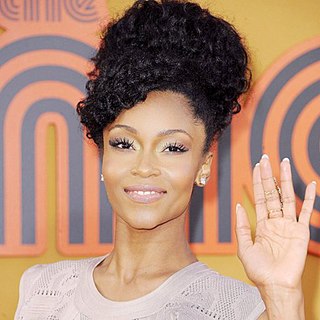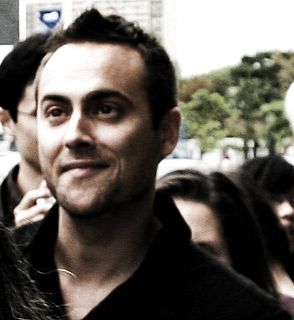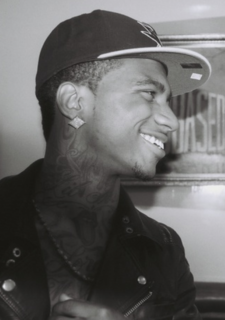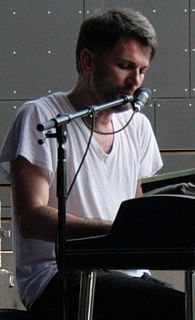A Quote by Yaya DaCosta
I feel at home in a lot of places, but I am truly an African-American.
Related Quotes
I use African-American, because I teach African Studies as well as African-American Studies, so it's easy, neat and convenient. But sometimes, when you're in a barber shop, somebody'll say, "Did you see what that Negro did?" A lot of people slip in and out of different terms effortlessly, and I don't think the thought police should be on patrol.
Michael Jackson fundamentally altered the terms of the debate about African American music. Remember, he was a chocolate, cherubic-faced genius with an African American halo. He had an Afro halo. He was a kid who was capable of embodying all of the high possibilities and the deep griefs that besieged the African American psyche.
Home is not fixed - the feeling of home changes as you change. There are places that used to feel like home that don't feel like home anymore. Like, I would go back to Rome to see my parents, and I would feel at home then. But if my parents were not in Rome, which is my city where I was born, I would not feel at home. It's connected to people. It's connected to a person I love.
I find that people today tend to use them interchangeably. I use African-American, because I teach African Studies as well as African-American Studies, so it's easy, neat and convenient. But sometimes, when you're in a barber shop, somebody'll say, "Did you see what that Negro did?" A lot of people slip in and out of different terms effortlessly, and I don't think the thought police should be on patrol.


































